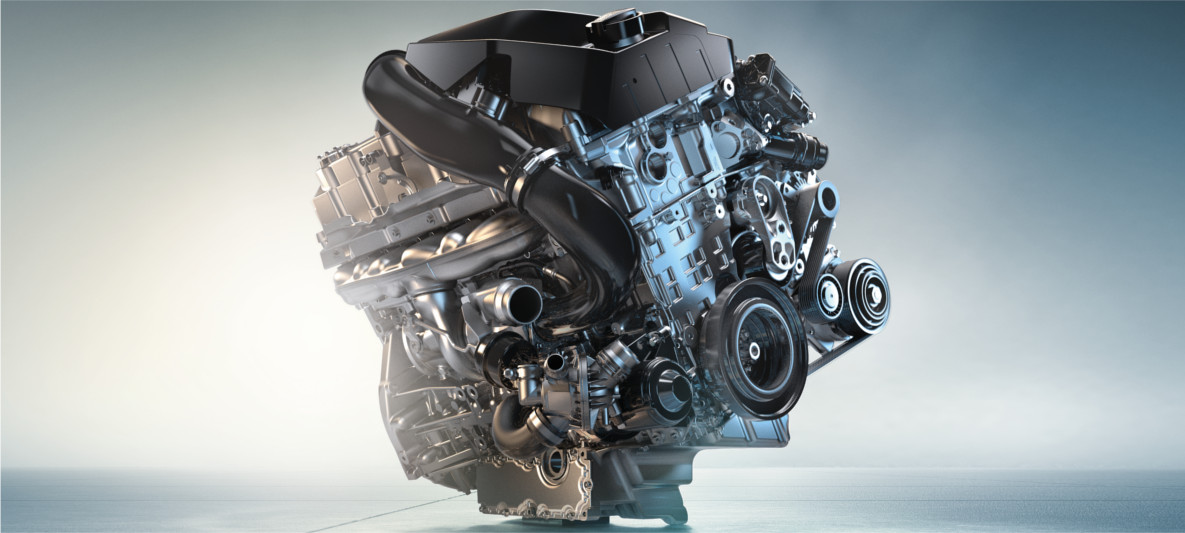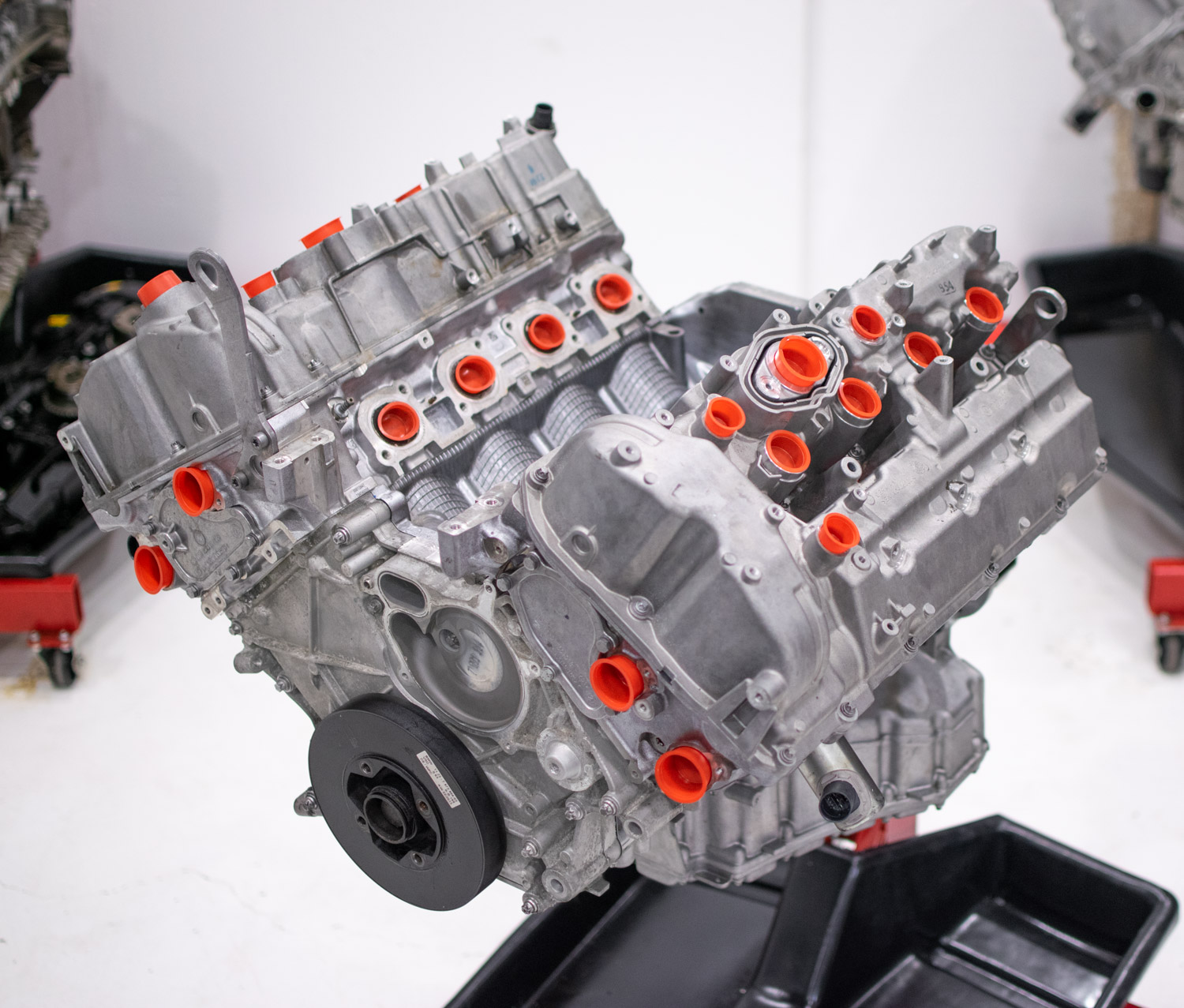Unveiling the Intricacies of Next-Generation Power Units: a Deep Study Advanced Engine Layouts and Advancements
In the realm of vehicle engineering, the relentless search of performance, efficiency, and sustainability has actually driven the advancement of power systems to extraordinary heights. As we depend on the precipice of a new period in transportation, the complexities of next-generation engine styles bid us to explore the innovative modern technologies and advancements that assure to redefine the driving experience. From advanced products that press the limits of sturdiness and weight reduction to innovative turbocharging and supercharging systems that boost power output to brand-new degrees, each component of these power systems holds a crucial to unlocking the future of automobile engineering. Delving much deeper into the realms of discharge control, intelligent engine management systems, and the perspective of power system advancement, we locate ourselves on the cusp of a makeover that promises to reshape the landscape of flexibility as we understand it.
Evolution of Engine Products

The shift towards progressed engine products has actually additionally enabled designers to make engines with greater power results while maintaining fuel efficiency standards. The use of lightweight materials minimizes the total weight of the engine, leading to boosted gas economic climate and reduced discharges. Furthermore, innovations in materials technology have enabled far better thermal monitoring within engines, leading to boosted integrity and durability.
Turbocharging and Supercharging Technologies
Exactly How do Turbocharging and Supercharging Technologies revolutionize engine efficiency and performance in modern vehicles? Supercharging and turbocharging are technologies that significantly improve engine efficiency by raising the amount of air intake right into the burning chamber. Turbocharging achieves this by utilizing a turbine driven by exhaust gases to pressurize the consumption air, while supercharging makes use of a belt- or chain-driven compressor to accomplish the same result.
These technologies make it possible for smaller sized, much more fuel-efficient engines to produce power equal to larger ones, known as downsizing. By forcing even more air right into the cylinders, turbocharging and turbo charging boost burning effectiveness, resulting in raised horsepower and torque outcome without a significant increase in engine dimension. This leads to far better acceleration, hauling ability, and total driving performance.
Additionally, turbocharging and supercharging add to improved fuel efficiency by enabling the usage of smaller engines that take in much less gas under regular driving conditions - bmw engine. This mix of boosted performance and effectiveness has actually made turbocharging and turbo charging integral elements of lots of modern engine styles
Discharge Control and Environmental Influence
With boosting global concerns relating to air top quality and ecological sustainability, the implementation of emission control innovations in vehicles plays a vital duty in reducing dangerous toxins released into the atmosphere. Modern cars are geared up with advanced emission control systems that help reduce the environmental effect of automobile operations. Catalytic converters, for example, are created to transform harmful gases such as carbon monoxide, nitrogen oxides, and hydrocarbons right into less harmful substances like co2 and water vapor.
In addition, improvements in engine technology, such as the combination of exhaust gas recirculation systems and careful catalytic decrease, have actually dramatically contributed to decreasing emissions. These technologies work in tandem to enhance burning effectiveness and lessen the launch of damaging toxins into the air. Furthermore, the growth of hybrid and electrical automobiles stands for a critical action towards lowering the general environmental footprint of the transport sector.
Intelligent Engine Administration Systems

Moreover, these systems allow cars to fulfill strict exhausts standards without jeopardizing performance, supplying a much more eco pleasant driving experience. The assimilation of synthetic knowledge and artificial intelligence capacities in engine monitoring systems remains to push the boundaries of what is feasible, leading to additional enhancements in performance, integrity, and general lorry performance. bmw engine. As vehicle modern technology advancements, intelligent engine administration systems will play a crucial function fit the future of transportation in the direction of a more effective and sustainable instructions
Future Trends in Power Unit Development
As intelligent engine administration systems lead the way for enhanced control and optimization in modern-day lorries, future trends in power system growth are positioned to redefine the landscape of automobile propulsion innovations. These alternate power sources use boosted effectiveness and performance while lining up with stringent environmental laws.
One more substantial pattern is the combination of sophisticated products and producing techniques. Lightweight products such as carbon fiber and aluminum are being utilized to reduce total automobile weight, enhancing fuel performance and performance. Additionally, advancements in 3D printing and additive manufacturing are making it possible for the production of complicated engine components with higher accuracy and longevity.
In addition, expert system and device learning are playing a critical duty in enhancing power unit performance. These innovations permit real-time monitoring and flexible control, bring about more trustworthy and effective power shipment. Overall, future patterns in power unit advancement are geared in the direction of sustainability, effectiveness, and efficiency, driving the visit the site automobile market in the direction of a new era of propulsion innovations.

Conclusion
In verdict, the developments in engine products, turbocharging, discharge control, and intelligent administration systems have led the method for next-generation power systems. The intricate layouts and advancements in modern-day engines showcase the continuous development of auto modern technology.
Exploring the progressive developments in engine products has actually been essential in boosting the performance and effectiveness of modern-day engines. Over the years, the advancement of engine products has actually played a crucial function in pushing the limits of what engines can accomplish.The change in the direction of advanced engine products has actually also allowed designers to Our site create engines with greater power outcomes while preserving fuel effectiveness criteria.The application of smart engine administration systems in contemporary cars has transformed the way engines are controlled and optimized for efficiency and performance. By gathering data in real-time and evaluating it with sophisticated algorithms, intelligent engine management systems can adjust to driving designs, environmental factors, and engine wellness to take full advantage of power result while lessening fuel intake and exhausts.